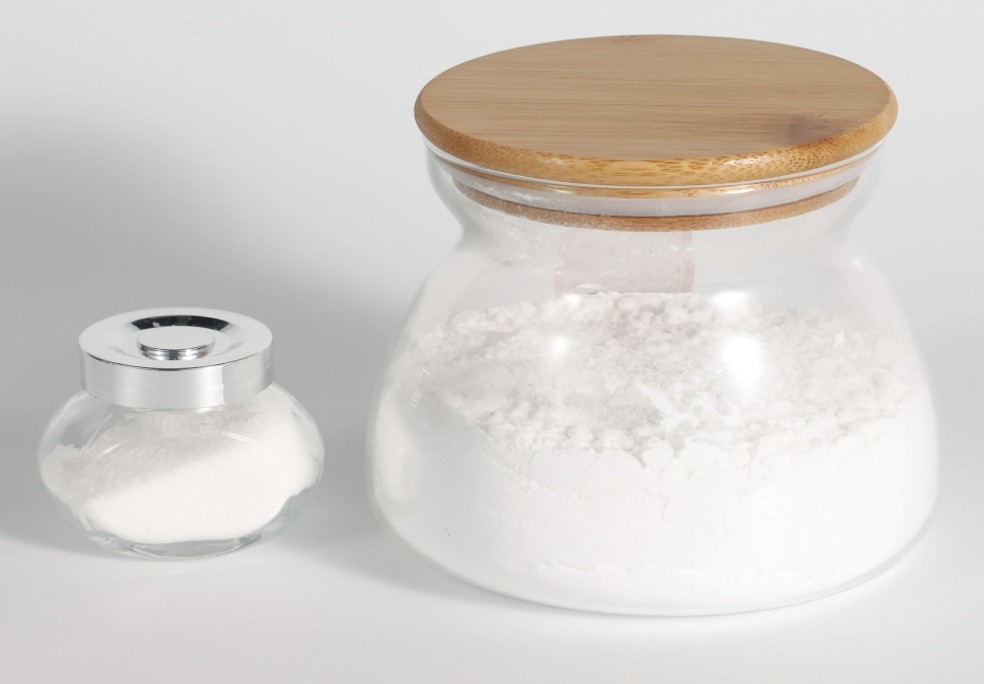Cyproterone acetate (INN, USAN, BAN, JAN; abbreviated as CPA, sold under brand names such as Androcur and Cyprostat) is a synthetic steroidal antiandrogen, progestin, and antigonadotropin.
Cyproterone acetate is primarily used in the treatment of androgen-related conditions by virtue of its ability to suppress androgenic activity in the body, an effect which it mediates by preventing endogenous androgens from interacting with the androgen receptor and by suppressing androgenbiosynthesis.
CPA is also used for its progestogenic effects, for instance, as a component of some combined oral contraceptive pills, such as in Dianette in the United Kingdom, Diane-35 in Canada, Bella Hexal in Germany, Diane in Sweden, and Dixi-35 in Chile.
CPA has been in use as an antiandrogen since 1964, and was the first antiandrogen introduced for clinical use. It is widely used throughout Europe, and is also used in Canada, Mexico, and other countries. It is not FDA-approved for use in the United States, due to concerns about hepatotoxicity; medroxyprogesterone acetate has been used in this country instead.
CPA has been approved for the treatment of prostate cancer, precocious puberty, androgen-related dermatological conditions (such as acne, seborrhea, hirsutism, and androgenic alopecia), and to reduce sex drive in sex offenders.Combination formulations of CPA with ethinyl estradiol (a formulation sometimes referred to as co-cyprindiol) have been available as contraceptives since 1997.
Other uses of CPA include the treatment of benign prostatic hyperplasia, priapism, hypersexuality, paraphilias, hot flashes, and hyperandrogenism in women. In addition, with the exception of the United States






















